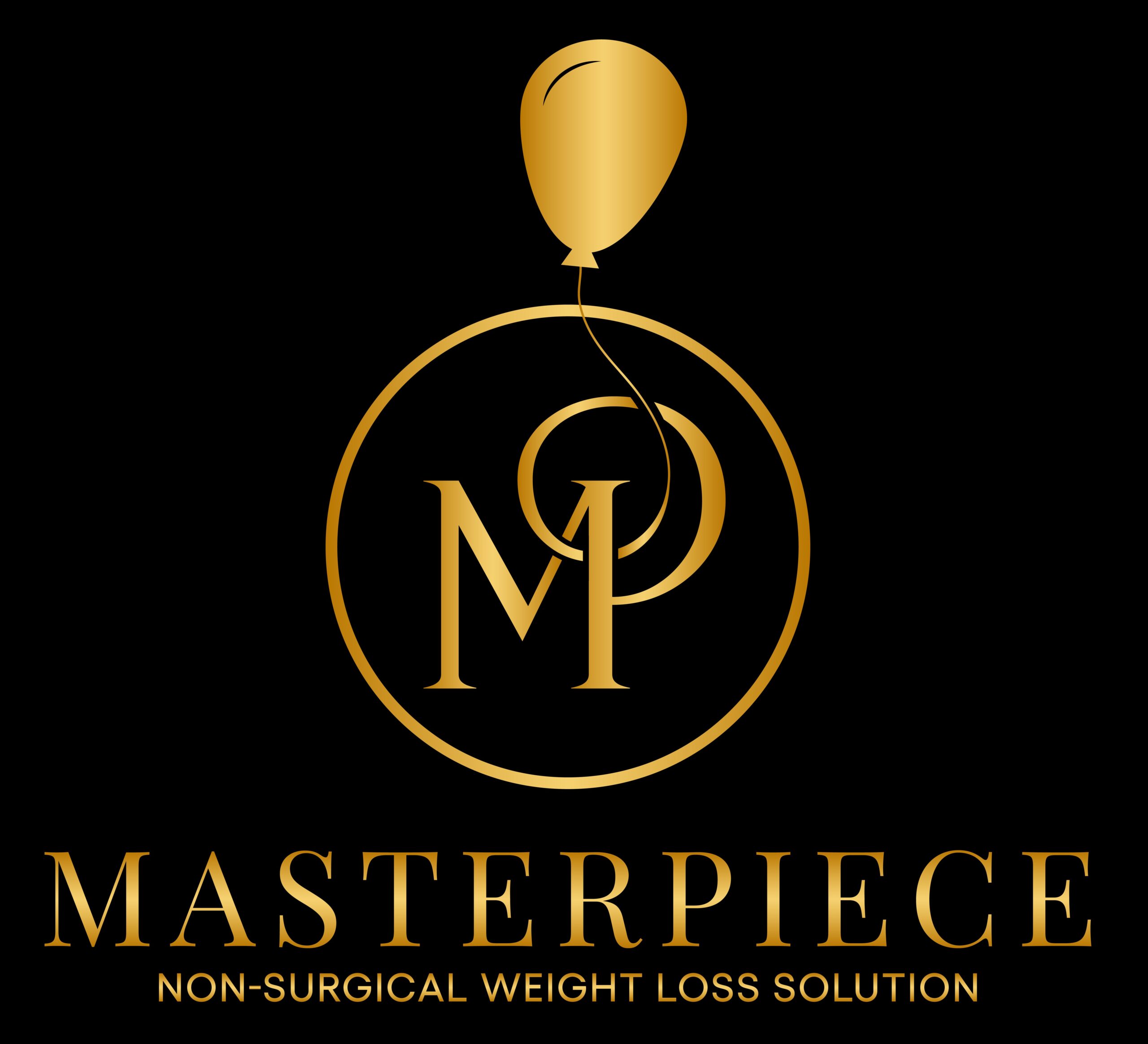Are you struggling to lose weight but for one reason or another can’t have surgery? Maybe the cost is too high, your health does not permit it, or perhaps you are unsure if this type of procedure is right for you. Whatever your reasons may be, never fear! You don’t need surgery to get the results from your weight-loss efforts that you desire — there are a number of options out there to help jump-start your journey and keep the momentum going.
In this blog post, we will share information and leading surgery-free weight loss ways to help shed those excess pounds and gain control over your health.
Read on and discover how easy it can be to make realistic changes in order to reach your goals without ever having gone under the knife!
What is the Importance of Losing Weight?Â
Losing weight is something that many of us strive for, but often find difficult to achieve. It can be hard to break bad habits and start leading a healthier life. If you are already tired of living an unhealthy life and want to go healthy, losing weight is the right solution. It offers numerous benefits for individuals who want to have a longer lifespan and a better quality of life.
There are many important reasons to maintain a healthy weight and to lose weight if you are overweight or obese. Here are some of the key benefits:
- Improved overall health: Maintaining a healthy weight can reduce the risk of chronic diseases such as heart disease, diabetes, and certain cancers. It can also improve overall physical and mental health.
- Increased energy and mobility: Losing weight can improve physical fitness and make it easier to perform daily tasks, such as climbing stairs, walking, and exercising.
- Better sleep: Losing weight can improve sleep quality and reduce the risk of sleep disorders such as sleep apnea.
- Increased self-confidence: Achieving a healthy weight can boost self-esteem and self-confidence.
- Reduced healthcare costs: Maintaining a healthy weight can reduce the risk of chronic diseases and associated healthcare costs.
Non-Surgical Weight Loss
Non-surgical weight loss solutions have become increasingly popular in recent years. At the same time, many of these strategies focus on temporary fixes and short-term success. With proper planning, anyone can make permanent lifestyle changes that will lead to a healthy body BMI and improved energy levels. It’s all about making consistently healthy food choices, engaging in regular physical activity in the form of aerobics or strength training, and developing realistic goals that challenge you without becoming discouraged.
Many people are surprised to learn that non-surgical weight loss solutions don’t always require drastic lifestyle changes – in fact, products like diet pills and quick-fix shakes are not typically recommended by a medical professional. Small but impact changes like drinking more water and meal prepping ahead of time are beneficial choices that add up to long-term health improvements.
Weight Loss Diet and Nutrition Programs
Diet and Nutrition Programs are becoming increasingly popular among individuals looking to improve their eating habits. These programs can help people take control of their health by offering recipes and guidance on eating healthy. By learning about nutrition basics and the importance of a balanced diet, following a meal plan program can make it easier to reach your health goals.
Additionally, nutritional program participants have access to educated professionals that are knowledgeable about nutrition sciences and can answer any questions during the course of the program. Whether due to lifestyle changes, health concerns, or reaching fitness goals, starting a diet and nutrition program is an effective way for individuals to take charge of their well-being.
Types of Diets
- Low-carbohydrate diets – These diets restrict carbohydrates and focus on protein and healthy fats. Examples include the Atkins diet and the ketogenic diet.
- Low-fat diets – These diets restrict fat and focus on carbohydrates and protein. Examples include the Ornish diet and the Pritikin diet.
- Mediterranean diet – This diet is based on the traditional eating habits of people living in countries bordering the Mediterranean Sea. It emphasizes whole foods, such as fruits, vegetables, whole grains, legumes, and healthy fats, and includes moderate amounts of lean protein, such as fish, poultry, and dairy.
- Plant-based diets -These diets focus on plant-based foods, such as fruits, vegetables, whole grains, legumes, and nuts, and may include some animal products in smaller amounts. Examples include the vegan diet and the vegetarian diet.
- Intermittent fasting – This approach involves cycling between periods of eating and fasting, with various methods available, such as alternate-day fasting or time-restricted feeding.
- Weight Watchers – This is a structured program that assigns point values to foods and encourages participants to track their food intake and make healthier choices within their daily point allowance.
Overall, the best diet for an individual depends on personal preferences, lifestyle, and health goals. It’s important to have an appointment with a registered dietitian or healthcare provider to determine the best diet plan approach for individual needs and goals. It is very essential to consult the experts before trying any of these diets.
Exercise For Weight Management
Exercise is an important factor for maintaining a healthy weight. Studies show that regular exercise can help to burn calories, increase metabolism, and reduce appetite – all of which can contribute to more successful weight management. For optimal results, it is recommended to combine aerobic exercises such as running or swimming with strength training using weights or resistance bands.
Doing so helps build muscle mass, which increases your overall metabolism, making it easier to maintain a healthy weight and body composition. So even if you’re just getting started on the path to becoming healthier and reaching your desired goals, taking up some form of physical activity can make great strides in helping you manage your weight now and into the future.
- Cardiovascular exercise: Also known as aerobic exercise, this type of exercise increases heart rate and breathing rate and helps improve cardiovascular health. Examples include running, walking, cycling, and swimming.
- Strength training: This type of exercise involves using weights or resistance bands to build strength and muscle mass. Examples include weightlifting, bodyweight exercises, and resistance band workouts.
- High-intensity interval training (HIIT): This type of exercise involves short bursts of intense activity followed by periods of rest or low-intensity activity. HIIT workouts can improve cardiovascular health, burn fat, and increase endurance.
- Pilates: This type of exercise focuses on core strength, flexibility, and balance. It involves controlled movements and breathing techniques and can be performed using a mat or special equipment, such as a reformer.
- Yoga: This type of exercise combines physical postures, breathing techniques, and meditation to improve flexibility, balance, and mental well-being.
Surgery Free Weight Loss Options
Gastric Sleeve Weight Loss Surgery
Gastric sleeve or also known as sleeve gastrectomy is a type of weight loss surgery that involves removing a large portion of the stomach, leaving behind a sleeve-shaped tube. This reduces the amount of food the stomach can hold, leading to reduced calorie intake and weight loss. The surgery is typically done laparoscopically and is considered a permanent procedure.
Gastric Balloon Medical Weight Procedure
A Non-Surgical gastric balloon, on the other hand, is a temporary weight loss procedure that involves placing a soft, silicone balloon in the stomach through the mouth using an endoscope. Once in place, the balloon is filled with saline, reducing the amount of space in the stomach and leading to feelings of fullness and reduced calorie intake. The balloon is typically left in place for up to six months before being removed.
Weight Loss PillsÂ
Weight loss pills, also known as diet pills or anti-obesity medications, are medications designed to help people lose weight. They work in various ways, such as reducing appetite, increasing feelings of fullness, or reducing the absorption of fat. Examples of weight loss pills include phentermine, orlistat, and liraglutide. These medications are typically used in combination with lifestyle changes, such as healthy eating and regular exercise.
It’s important to note that these weight loss options are not for everyone and should be carefully considered with the guidance of a healthcare professional. They also come with potential risks and side effects. For example, gastric sleeve and gastric balloon procedures can lead to complications such as bleeding, infection, and stomach perforation. Weight loss pills can have side effects such as nausea, diarrhea, and headache, and may interact with other medications.
Looking For Ways to Free Those Extra Pounds Without Invasive Surgery?Â
Are you looking for ways to trim down without undergoing surgery? Masterpiece Non-surgical Weight Loss Solutions is here to help! With a wide variety of options and services, we can assist you on your journey to bettering your health, from personalized diet plans and professional coaching to surgery-free solutions. Call us now, our team of knowledgeable professionals would be happy to help!Â



